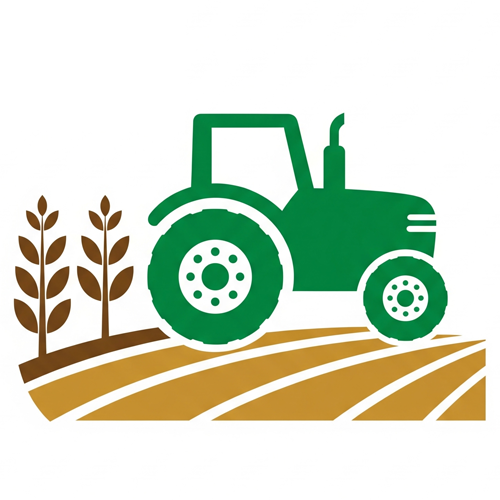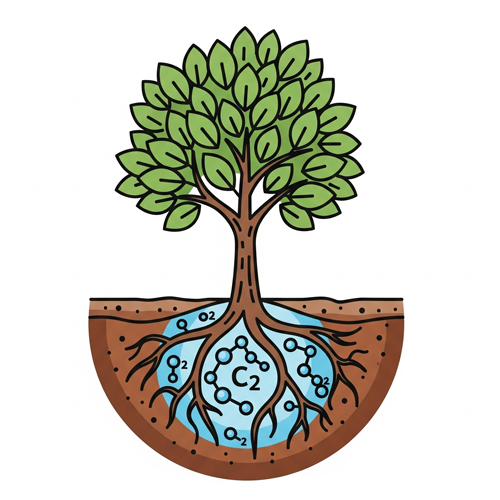
Our Standards
At ProResilient, we uphold rigorous standards for all our carbon credit methodologies. We ensure transparency, verifiability, and measurable impact, guaranteeing the environmental integrity and credibility of every carbon credit generated through sustainable agricultural practices. Our commitment is to drive real climate action through robust and trusted frameworks.

AWD

Aforestration

Carbon Sequestration

Fighting Climate Change
Climate change is the defining challenge of our era, demanding urgent and collaborative action. At ProResilient, we firmly believe that the agricultural sector, often seen as part of the problem, holds immense potential to be a powerful part of the solution. Our mission extends beyond simply adapting to a changing climate; it's about actively fighting climate change and building a truly sustainable planet.
This commitment is realized by empowering farmers, particularly in regions like Belonia, Tripura, to adopt practices that directly reduce greenhouse gas emissions and enhance carbon sequestration. By promoting techniques such as Alternate Wetting and Drying (AWD) to cut methane emissions from rice paddies, championing regenerative agriculture for healthier carbon-rich soils, and integrating agroforestry for increased biomass sequestration, we are transforming farmland into a frontline defense against global warming.
Sustainable Agriculture
A Powerful Ally in Climate and Carbon Emission Control
Sustainable agriculture is not just about growing food; it's a vital strategy for addressing climate change and controlling carbon emissions. Traditional farming practices often contribute significantly to greenhouse gas (GHG) emissions through activities like excessive tillage, synthetic fertilizer use, and improper waste management. However, by embracing sustainable approaches, agriculture can transform from a contributor to a powerful solution.
In essence, sustainable agriculture offers a dual benefit: it directly mitigates climate change by reducing emissions and sequestering carbon, while simultaneously building more robust and adaptable food systems for a changing world. It's a win-win for both people and the planet, especially here in regions like Belonia, Tripura, where climate resilience in agriculture is paramount.
